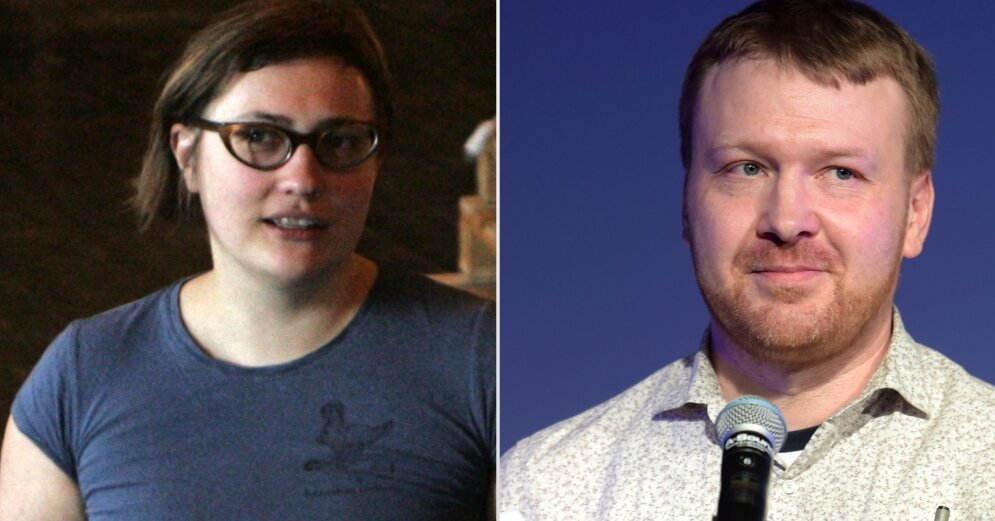In response to Ministry of Welfare consultation on the proposed tax changes to tax the SSIA from the minimum wage and how this will affect NVO sector, we provide an opinion from cultural NGOs: the Council of Latvian Creative Unions and the Association of Contemporary Cultural NGOs.
–
Content will continue after the ad
Advertising
–
We appreciate the government-led changes in the law so that all Latvians are socially insured. However, we call for this change to be guided by reflection. Because on paper it sounds like a good step – for everyone to take the SSIAI at least from the minimum wage. But taxing people on low or no income at € 170 by obliging them to raise this money themselves, depriving them and their families of their already modest livelihoods, will not make their lives better. Such a policy is not in line with the principles of a democratic state, but is a renunciation of feudalism and serfdom, where everyone is obliged to pay dues, regardless of the circumstances.
If the unbelievable idea that government parties deliberately target the poor is rejected, then the only explanation for such a government policy of taxing lost income could be that Ministry of Finance there are facts that all low-income people are in fact hiding their high incomes, and they will now be requisitioned in the name of social justice.
In the field of professional culture, a large part of the funding and, consequently, the income of creative persons come indirectly through state budget grants to cultural institutions and the State Cultural Capital Fund (VKKF) are verifiable Ministry of Culture budget data and SRS data. Imposing mandatory SSIAI contributions, while not providing clear guarantees that this money can be earned, will only deprive creative people (= income less than EUR 500 per month) of social security, force them to go to the gray area or give up any creative activity altogether.
There are high risks that government-led tax reforms will significantly worsen the situation of the poor and needy. Such persons are typically self-employed, partially employed, earning irregular income from projects and various tax regimes. Until now, in the months when income did not exceed the minimum wage (430), self-employed persons did not pay SSIAI contributions. It is envisaged that in the future, SSIAI contributions would also be made in the months when there are no customers or other sources of profit, and income falls below the minimum wage or does not exist at all. But unlike other workers, a self-employed person does not have an employer who provides remuneration in the “empty months”, nor can he claim unemployment benefit as a normal employee.
And there are many other practical situations that are not well thought out, where the amendments could lead to a worse situation for low-income people. For example, the tax reform stipulates that a person who is both self-employed and an employee, if the person’s SSIA does not reach EUR 170 per month, proportionately will be covered by the employee and the self-employed. On paper, it looks in solidarity. In practice, however, there is a high risk that workers will interrupt and not develop relationships with part-time workers for fear of possible unintended financial consequences if the employee is unable to find the missing workload elsewhere. This means that it will be even more difficult for the unemployed to return to the labor market and it will cost the state much more than expected tax revenues. In the field of culture and also in education, this applies, for example, to a large number of creative people who work part-time in educational institutions – music schools, art schools, higher education institutions.
What to do?
The government’s willingness to address social issues is to be welcomed. It would be welcome if the target group and their representative organizations were also involved in the consultation process, which did not happen.
First, a fair solution would be to pay SSIA taxes on the income earned. The remaining difference of up to EUR 170 is covered by the SSIA’s minimum contributions to the state. Or leaving the current situation with unpaid / incomplete SSIAI contributions. Looking at the projected old-age pension, it becomes clear that both a person who has not performed SSIA and a person who has performed SSIA from the minimum wage will live in poverty. Therefore, this pursuit of the SSIA from the minimum wage must not become an end in itself. It is also necessary to provide income from which the SSIA to pay. In the self-employed sector, no one increases their income from the government raising the minimum wage to € 500.
Secondly, it is clear that, in the long run, royalties and non-payment of social security contributions are a problem for the creative people themselves. There is a need to get out of this situation, which has developed at least in the cultural sector since the 1990s. At the time, public funding for culture was even scarcer, and a “creative” approach to remuneration became a de facto accepted step, supported institutionally and in the state budget planning process. It is necessary to remove the blame from the recipients of small claims, not to punish them with disproportionate tax collection.
Therefore, thinking about the social protection of creative persons, in addition to tax changes, a compensatory allocation of the state budget grant to both the State Cultural Capital Fund and other state cultural institutions would be necessary.
–


